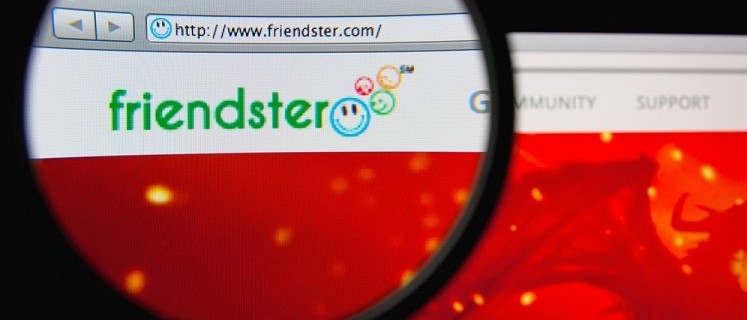First-mover advantages are overrated. Look at Microsoft. Bill Gates was prescient, and they were onto the cloud, internet of things, and smartwatches since the early-2000s. But Gates' prophetic touch did not translate to groundbreaking success in those areas
Instead, Google dominates the cloud, the internet of things is still nascent, and Apple is the frontrunner in the wearables race. In the fast-moving tech world, today's champions quickly become tomorrow's has-beens. Being the first mover is not the goal. Rather, startups should aim to be the last mover.
Here are three startups that were the kings of the hill at one point, but quickly lost out in the global dominance stakes.
Mt. Gox
At one point, Tokyo-based Mt. Gox was truly on top of the Bitcoin world. The online exchange, which converted fiat currency into Bitcoin, had 80 percent market share in 2013 and traded as much as US $25 million a day. That was before Bitcoin fever reached its highest point.

In February 2014, hackers stole US $460 million from its coffers. Overnight, Mt. Gox crumbled. Yet the destruction was years in the making, according to this penetrating Wired story.
The company was managed poorly. The head of Mt. Gox, Mark Karpeles, was an engineer who was uncomfortable being a CEO. He was incompetent and apathetic. The hackers took advantage of a flaw in Bitcoin called “transaction malleability”. But Mt. Gox could've easily patched it up with its own software if it cared to. It didn't.
Mt. Gox spent money on flat-screen TVs, $400 lunches, and a US$1 million cafe. It didn't use any version-control system for its codebase, nor did it introduce a test environment until it was too late. As a result, a flawed code could introduce a vulnerability to the system, and the team wouldn't realize it. Mt. Gox even flouted US regulations, resulting in federal agents seizing US$5 million from the company.
The result was disaster, not only for the company, but the Bitcoin world. Bitcoin prices fell as Mt. Gox's troubles made the news. It reinforced the perception that the industry is run by shady characters who couldn't be trusted. On the bright side, it signaled the end of a phase for Bitcoin, from a get-rich scheme into an era that will hopefully be marked by true innovation.
Friendster
Ah, good ol' Friendster. Remember when leaving a testimonial on “the wall” was a thing?
At its height, the site had 115 million registered users. It got a decent acquisition offer from Google for US$30 million. It had a nice slate of investors, including venture capital firm KPCB and LinkedIn co-founder Reid Hoffman.
Why it failed: technical problems
Friendster founder Jonathan Abrams knew exactly where he wanted to take the site. In an interview with Mashable, he knew that Facebook could threaten Friendster's dominance. He planned to build a news feed, a social graph, and an apps ecosystem on top of the social network.
He wanted to attract users in the colleges to stymie Facebook momentum among young adults.
But technological challenges slowed him down. Mashable wrote that “investors weren't focused on patching up the service properly, let alone responding to the threats posed by upstarts like Facebook.” It became so bad that users had trouble logging into the website for two years, and load times were terribly slow. They failed to build their infrastructure to match the traffic. This allowed competitors Myspace and Facebook to catch up.
Facebook, on the other hand, abided by the adage “move fast and break things.” It's an approach tailored to its gameplan: social networks succeed due to network effects, which means the more users you acquire in the fastest time, the better your chances of becoming dominant. A solid infrastructure allows Facebook to develop features and acquire users instead of worrying about server load, and adding more zeroes to user count is what matters most.
Friendster, of course, is still around today. But it's unrecognizable from its former self. The site was acquired by Malaysian online payments company MOL for a rumored US$100 million in 2009. It then morphed into just another gaming portal on the internet.
Read more: 3 awesome startups that failed






